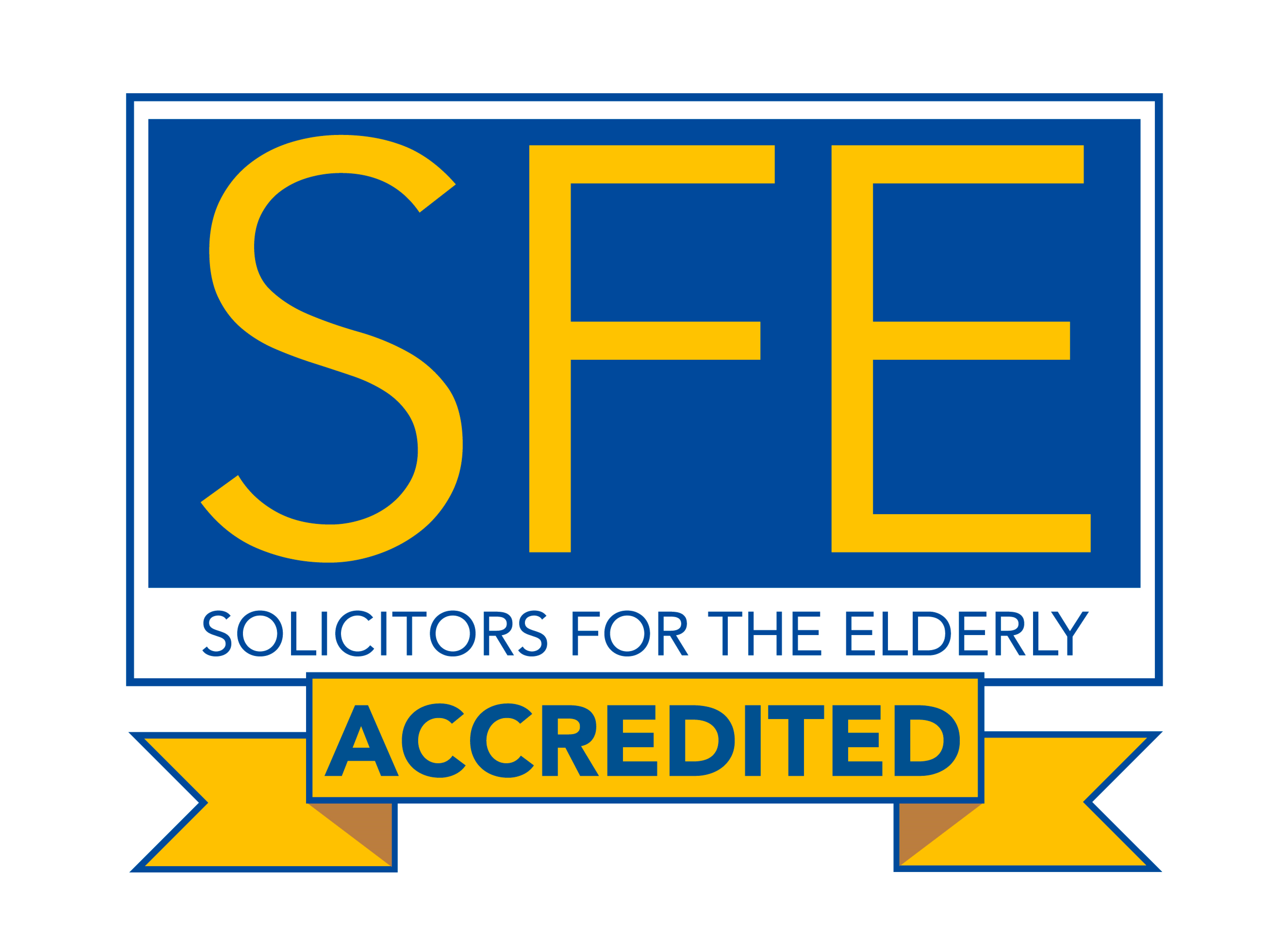A Decision Support Tool (DST) is used by the Department of Health and Social Care to determine whether a patient is eligible for NHS Continuing Healthcare funding. The most recent tool was published in March 2018 and revised in October 2018. A comprehensive assessment and evaluation of an individual’s current health and social care needs is completed by a multidisciplinary team (MDT). The MDT compromises of at least two professionals from different healthcare professions. The needs of the individual in question are divided into twelve care domains, which are:
- Breathing
- Nutrition – food and drink
- Continence
- Skin and tissue viability
- Mobility
- Communication
- Psychological and emotional needs
- Cognition
- Behaviour
- Drug therapies
- Altered state of consciousness
- Other significant care needs
Each of the twelve domains are evaluated considering the characteristics of nature, intensity, complexity and unpredictability to produce a level of need:
- (N) No needs
- (L) Low
- (M) Moderate
- (H) High
- (S) Severe
- (P) Priority
The individual in question should be invited to be present and their informed consent should be obtained before completion of the DST, with consideration to the Mental Capacity Act. The individual can choose representation for the DST meeting in the form of a family member if they are considered to have mental capacity and if not, then the Lasting Power of Attorney for health and welfare can give consent on their behalf.
The coordinator of the MDT submits a recommendation for eligibility along with the DST to the Clinical Commisioning Group (CCG) for a decision to be made. If the individual is considered to have a primary health need, then they are eligible for NHS Continuing Healthcare which means that the NHS fund the cost of care. To be considered to have a primary health need, an individuals needs would be considered Priority on one or more occasions or Severe on two or more occasions.
The grey area, open to ‘careful consideration’, occurs when an individual does not automatically qualify for NHS Continuing Healthcare as demonstrated above but has a severe level of need with other needs in high/moderate areas. The MDT can discuss and consider the nature of the need, its intensity, complexity and unpredictability to inform the decision as to whether they are recommended to be eligible for NHS Continuing Healthcare or not. Interpretation of the criteria is subjective and therefore different MDTs can influence the result for the individual, raising questions over the reliability of the process, which may not be compliant with the Coughlan case.
If the individual is not considered eligible for NHS Continuing Healthcare, then local authorities charge for the community care services that are provided. An individual is means tested and if they have £23,250 or over in capital, then they are expected to self-fund their care. Hence the elderly often have to sell their assets in order to cover the cost of care, if their needs are not considered to be severe enough according to the strict NHS Continuing Healthcare criteria.
Our blog posts aim to ignite discussion and bring these matter to your attention, as we evaluate the system used to grade and describe levels of care needs and what implications this may have on your loved ones. Whether you think this is something you may encounter in the future, yourself or with a loved one, then being prepared can be beneficial. Our website has information for you to read, feel free to comment and share your opinions and experiences and if you feel a need to discuss anything further then please do not hesitate to contact us.



